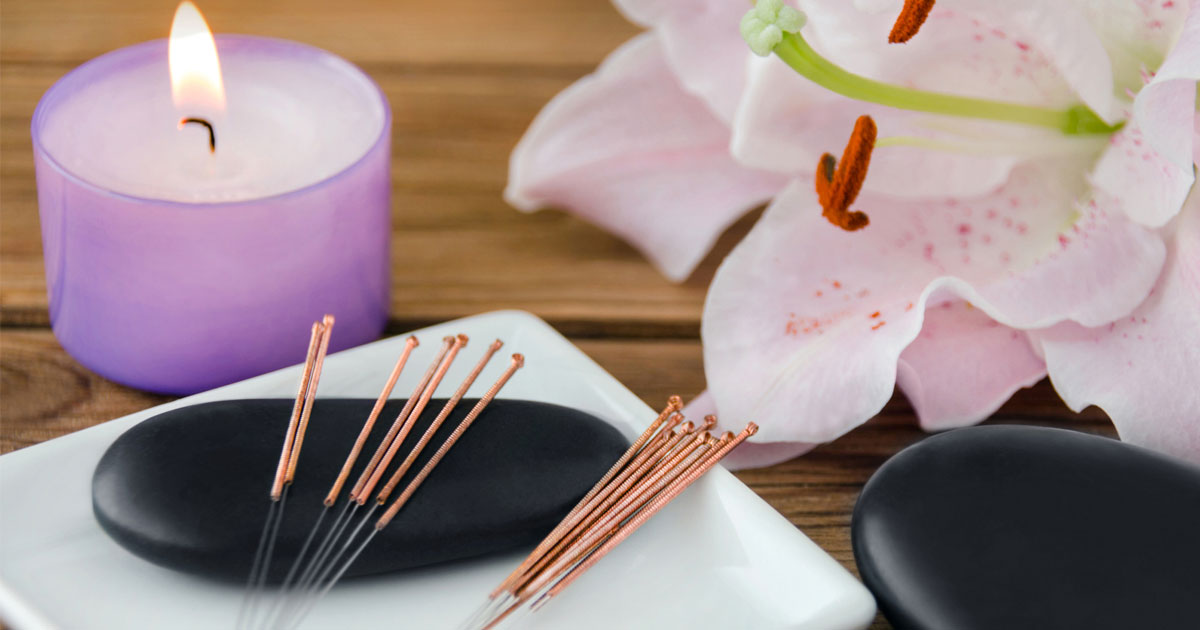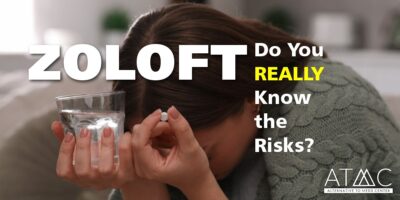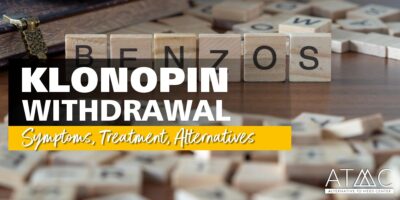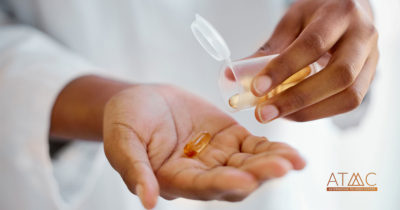Medically Reviewed by Dr Samuel Lee MD
Table of Contents:
- The Science Behind Acupuncture for Medication Withdrawal
- Acupuncture for Medication Withdrawal and Substance Use Disorder
- The Benefits of Acupuncture for Medication Withdrawal, SUD, and Mental Wellness
- Important Part of Healing at Alternative to Meds Center
- Acupuncture for Medication Withdrawal FAQs
- Acupuncture as a Component of Holistic Healing
Acupuncture for medication withdrawal is one component of our approach to recovery at Alternative to Meds. The stats on mental illness including drug-related problems continue to spiral out of control, despite the mainstream approach to treatment of these conditions. According to the National Alliance on Mental Health, or NAMI, upwards of one in five adults are experiencing a mental health condition, and one in every twenty is diagnosed with a serious mental health condition. 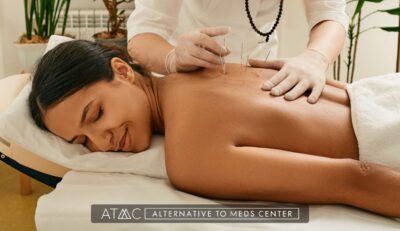
While treatment methods like psychotherapy and pharmaceutical medications are certainly an important component of treating substance use disorder, including co-occurring mental health conditions, it is essential to treat the whole person and not just the symptoms. In addition, a growing number of people wish to avoid the use of pharmaceutical medications as they experience side effects and long-term consequences that often prove to make their condition worse.
In this case, adjunctive mental health treatments may provide a more holistic way to address mental health concerns. Acupuncture has been practiced for thousands of years, and is one of many holistic therapies the professionals at Alternative to Meds Center may utilize as part of a personalized treatment plan.
At Alternative Meds Center, we offer acupuncture services in Sedona, AZ, because it is effective in addressing symptoms of both body and mind. No one should suffer alone with symptoms caused by mental illness, medication withdrawals, and substance use disorder. Acupuncture releases stress, and improves mood and well-being. In these ways, acupuncture complements other holistic therapies, to promote healing and recovery from addiction. There are more benefits, discussed in more detail below.
